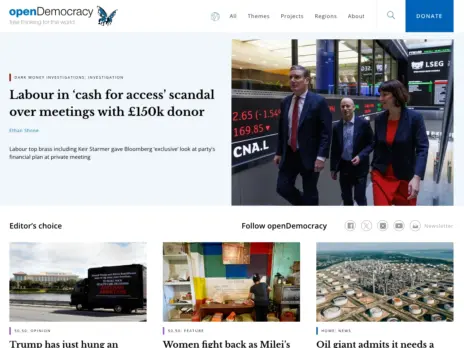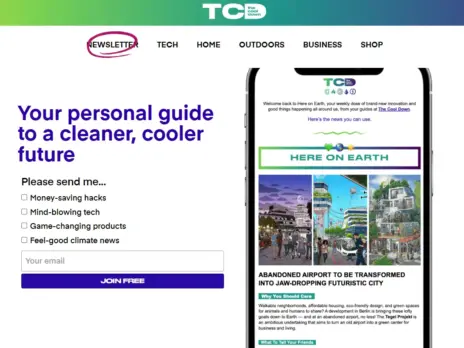
Nothing I have yet read comes near to this 2010 New York Times piece in articulating the challenge and the cultural change required by traditional print publishers in the digital age. Written by Jeremy Peters about The Atlantic’s move from behind the paywall two years earlier, it begins:
How did a 153-year-old magazine — one that first published the “Battle Hymn of the Republic” and gave voice to the abolitionist and transcendentalist movements — reinvent itself for the 21st century?
By pretending it was a Silicon Valley start-up that needed to kill itself to survive.
The Atlantic, the intellectual’s monthly that always seemed more comfortable as an academic exercise than a business, is on track to turn a tidy profit of $1.8 million this year. That would be the first time in at least a decade that it had not lost money.
Getting there took a cultural transfusion, a dose of counterintuition and a lot of digital advertising revenue.
You don’t have to buy into The Atlantic’s own prescription (indeed there are hints that the publication will reintroduce some element of paid online content soon) to appreciate the sentiment, the sense of mission and, yes, the “cultural transfusion”.
It does take a “dose of counterintuition” to properly understand digital. Why? Because a lot of what we take for granted in print simply doesn’t translate online. Equally, the assumptions we are making about digital need to be challenged. Constantly.
For example, some of us still struggle with the notion that we should, on occasion, link out to our direct competitors. And if we do we will probably end up with more readers, not fewer.
Moreover, that in order to make money we should consider giving more of our stuff away for free.
We struggle, too, with the notion that digital can aid print, not cannibalise it, at least not at a micro level.
Certainly the internet has been “disruptive”, to borrow a term beloved by technologist, and there is a systemic shift from the older medium to the newer one.
But that’s not the same as believing that your own website will destroy your weekly, or indeed that your app will destroy your website. It might but it doesn’t have to. The New York Times, for one, claims that digital subscriptions have helped stem the decline in print subs.
Alex Watson, director of tablets and apps at Dennis Publishing put it this way when he spoke at the the Press Gazette News on the Move conference earlier this month:
There is this tendency in digital media to congregate around this one big idea and say, ‘This is the thing that is going to save the media’. And at the moment it is Buzzfeed and a while back it was the Huffington Post, and before that it was Flipboard …
I always like the quote Jeff Bezos [founder of Amazon] put in the original letter to stakeholders in 1997 when he was writing to investors: ‘Amazon is willing to be misunderstood for very long periods of time.’ And I think if you are doing digital media business that’s always worth bearing in mind. As long as you know what you are doing that’s fine.
In that vein, how about the notion that you can’t give something away and charge for it at the same time? Common sense, surely? The Guardian is testing that one with a free website and an Apple iPad App that costs £132 a year. Anthony Sullivan, the paper's group product manager for core journalism products, told News on the Move:
On the one hand that probably appears contradictory. But the people that have installed and are paying for the Guardian iPad edition — £11 a month with the Observer – are pretty happy with that. They tend to be people who have been subscribers of the newspaper in the past. And it makes sense for them. But by definition it’s a smaller audience. So we have about 22,000 who are doing that and it’s quite a profitable product for us.
Sullivan said a more interactive tablet app with more frequent updates would have wider appeal and will most likely sell more. We will see.
Either way, there are those who appear willing to pay for improved user experience, convenience and aesthetic even when the journalism is the same.
As Bryan Glick, Editor-in-chief of Computer Weekly noted:
As someone who writes about technology and has worked in the technology industry for a very long time, when something new comes along the immediate assumption is that this new thing is going to replace everything that went before. And there is almost zero evidence that it ever actually does that.
What technology does is it fragments and gives massive amounts of new options. And the thing that used to dominate will still exist but in a much smaller way.
And that’s why in the ever-quickening world of digital media – where we appear to have held on to some old assumptions and created some new ones – it’s worth re-reading an article from 2010.
Jon Bernstein is a freelance digital media consultant. You can read his personal blog here.
Email pged@pressgazette.co.uk to point out mistakes, provide story tips or send in a letter for publication on our "Letters Page" blog






